SUMMER SALE - USE CODE: "SUMMER50"
50% OFF YOUR COURSE
CAPTURE THE MILKY WAY & BENRO POLARIS COURSE
You missed out!
75+ VIDEO LESSONS | 27+ HOURS OF CONTENT
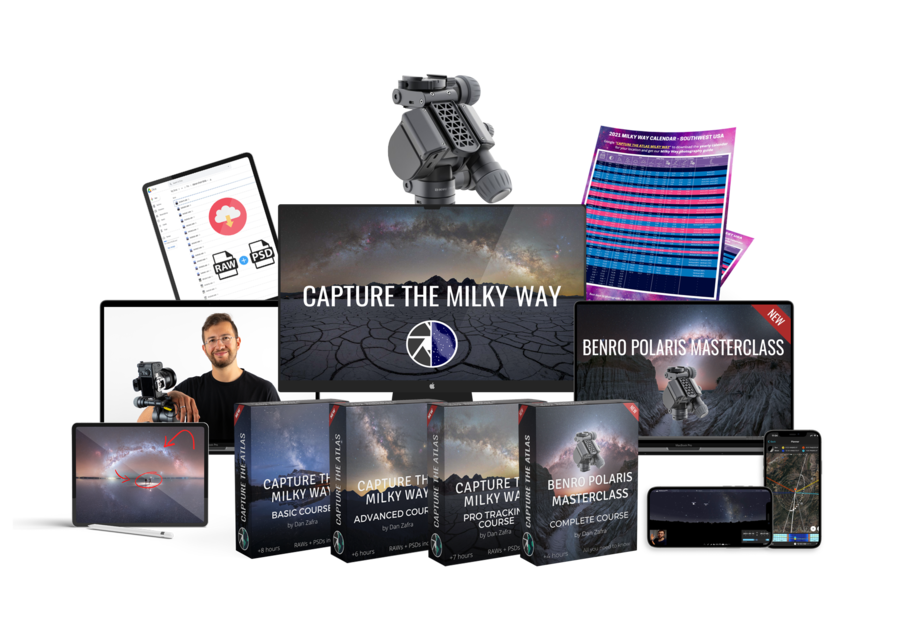
Choosing the best camera for Northern Lights photography isn’t an easy task.
After shooting the Northern Lights for years with different cameras and testing new models, I can tell you that, in a nutshell, these are the best cameras to photograph the Northern Lights:
1. Sony A7SIII
2. Nikon Z6III
3. Canon EOS R6
4. Sony A7IV
5. Sony A7RV
6. Nikon Z7II
7. Canon EOS R5
8. Pentax K-1 Mark II
Besides having a good camera, using the best Northern Lights camera settings is key to capturing the elusive Aurora Borealis. Also, remember that lenses are as important as cameras in night photography, so I strongly recommend using your camera with one of the best lenses for Northern Lights photography.
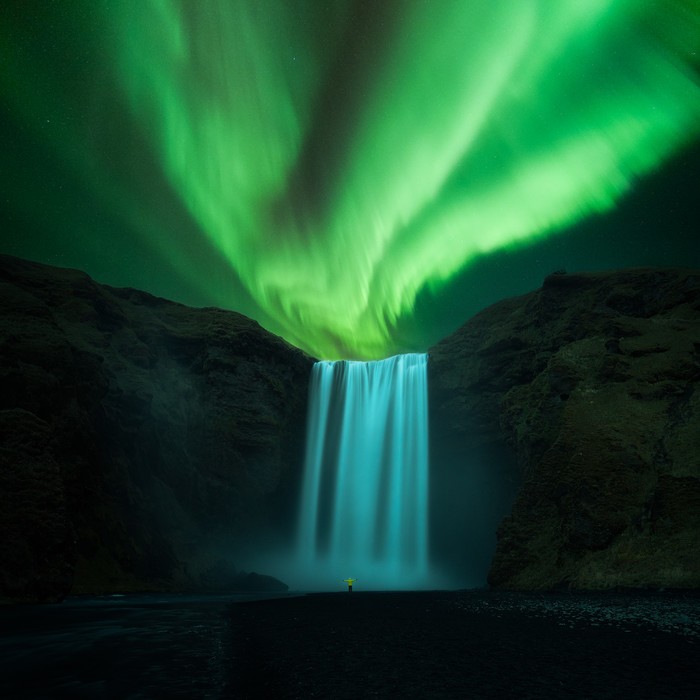
Having a good camera for Northern Lights is key to take the best images
The top choices in this list of the best cameras for the Northern Lights only include Full-Frame cameras since these are the best to photograph the Northern Lights with less digital noise and more quality.
Nonetheless, in this article, you’ll find a full list of the best cameras to take pictures of the Northern Lights according to your goals and budget. I’ve included APS-C cameras, Micro 4/3, compact cameras, and the best Northern Lights cameras on a budget.
Ready to find the best camera for Northern Lights photography?
Note: I haven’t split the article into Mirrorless vs DSLR cameras. Check out our guide on that topic if you still don’t know which system is best for you.
GET YOUR FREE EBOOK!
- PHOTOGRAPHING THE NORTHERN LIGHTS -
BEST SETTINGS, GEAR, PLANNING, TIPS, AND MORE!
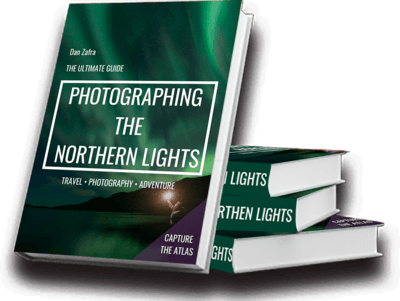
1. Sony A7S III
2. NIKON Z6III
3. Canon EOS R8
4. SONY A7IV
| The new Sony A7IV is one of the best quality-price Full-Frame cameras for Northern Lights in 2025. Compared to the previous A7III model, this includes a higher number of megapixels, 33, but without increasing the digital noise when shooting at high ISOs. This is an ideal option as a first Full-Frame camera or for photographers transitioning from DSLR to mirrorless. Besides Aurora photography, it’s also a good camera for Milky Way and other Astro purposes. |
5. Sony A7RV
| This is one of the best Sony cameras for Northern Lights photography. The A7RV is all you need to take high-resolution Aurora images, and it’s also a fantastic camera for general landscape photography. This camera was released in 2022 and it has quickly become one of the best options in its price range. It’s an outstanding camera for night photography, and if you use the right Northern Lights settings, you can take otherworldly images of the “green lady”. |
6. Nikon Z7 II
| This is the best high-res. Nikon camera for Northern Lights. It offers a huge dynamic range and an impressing noise to signal ratio. It’s also ideal for other genres like landscape, especially if you are looking for a high-performance camera and big prints. If budget is not an issue, I’d go for the new Nikon Z9 instead, which offers more capabilities while maintaining a high number of Mpx, but is heavier and bulkier. |
7. CANON EOS R5
8. Nikon Z8
Best APS-C cameras for shooting the Aurora borealis
Crop-sensor (APS-C) cameras can capture the Northern Lights, but most of them can’t match the quality of full-frame cameras.
They usually struggle in low-light conditions, such as when photographing the Northern Lights with a new moon. Raising the ISO in these cameras usually means generating a good amount of digital noise in your photographs.
The list below shows the best APS-C cameras for Northern Lights:
- Fujifilm XT-5 (Mirrorless): This camera is aimed at enthusiasts/semi-professionals, and, without a doubt, it’s the best APS-C camera for shooting the Northern Lights. You’ll forget that you’re shooting with a crop-sensor camera once you see the results shooting in low-light conditions. Recommended lens: Fujinon XF16mm f/1.4.
- Nikon Z50II (Mirrorless): The Nikon Z50II is the best Nikon APS-C camera for capturing the Aurora. Its quality in low-light photography is at the same level as many basic full-frame cameras. Suggested lens pairing: Sigma 16mm f/14 DC DN Contemporary.
- Sony a6700 (Mirrorless): The Sony a6700 is an excellent mirrorless APS-C Sony camera for the Northern Lights. It’s the flagship APS-C camera by the brand, and it has everything you’ll need to capture stunning Northern Lights images. It’s super light and stands out for its performance in low-light conditions and the wide range of lenses. Suggested lens pairing: Rokinon 12mm f/2.0.
- Canon EOS R50: This is one of the best Canon APS-C cameras for shooting the Northern Lights. If you are getting started in photography in general and are looking into chasing Auroras, the Canon EOS R50 won’t disappoint, it offers good quality for an affordable price. Recommended lens: Canon RF 16mm f/2.8.
- Nikon D7500 (DSLR): Even though it can’t beat the low-light performance of the Nikon mirrorless Z50, the D7500 is a good camera for the Northern Lights in the APS-C reflex range, with a sturdy body and many lenses available. Suggested lens pairing: Tokina AT-X 11-20mm f/2.8 AF Pro DX.
Best cheap camera for Northern Lights photography
Diving into the best value for the money, these are the best cheap cameras for shooting the Northern Lights:
- Sony Alpha a6100: For around $700, you can get a mirrorless lens camera suitable for shooting the Northern Lights and other night scenes. Along with the Rokinon 12 mm f/2, you’ll have the best cheap combination for shooting the Northern Lights. Suggested lens pairing: Rokinon 12mm f/2
- Sony A7III (Mirrorless): Even if it was released a few years ago, many consider the Sony A7III to be one of the best digital cameras ever made. It offers professional features at an affordable price. This is one of the cameras we use, and, to me, it’s the best quality-price mirrorless camera for shooting the Northern Lights that you can get on a budget. I’ve shot some of my favorite Northern Lights and Milky Way images with this camera and the results are simply outstanding. Recommended lens: Rokinon 14 mm f/2.8.
If your budget allows it, the new Sony A7IV offers everything the A7III has to offer, but with a new sensor, improved menu system, and video capabilities.
- Nikon D750: This is one of the most reliable and quality-priced cameras ever made. Combine it with a lens like the Rokinon 14 mm f/2.8 and, for less than $1,800, you’ll have one of the best Northern Lights camera setups for the price. Suggested lens pairing: Rokinon 14 mm f/2.8
Best Micro 4/3 Cameras for shooting the Northern Lights
By general consensus, Micro 4/3 cameras aren’t the best cameras for Northern Lights photography, mainly because of their inferior performance in low-light situations and, secondly, for the lack of fast and affordable wide-angle lenses.
However, some high-end models are great, and there are two good Micro 4/3 cameras for photographing the Northern Lights:
- Olympus OM-1 Mark II (Mirrorless): It is pricey (for the same price, you can buy any of the top full-frame Aurora cameras), but if you’ve decided to opt for this sensor, this is the best micro 4/3 camera for the Northern Lights. Suggested lens pairing: Olympus 7-14mm f/2.8
- Panasonic Lumix G9: This is a cheaper option in the micro four-thirds range. The Lumix G9, along with a good Northern Lights fast lens can achieve magnificent results. Here, you can see a short Northern Lights time-lapse captured with the Lumix G9. Suggested lens pairing: Leica 12mm f/1.4 Summilux
Best compact camera for the Northern Lights
Even though it can be more challenging, you can also take decent images of the Northern Lights with a compact camera. Because of this, I decided to include the best compact cameras for photographing the Northern Lights in this guide.
*Note: Please bear in mind that compact cameras are light and small but that comes at a price; the built-in lenses usually have a range of 24-70mm and are not the best at capturing light. Even though you can capture nice images, don’t expect the same quality and capabilities as with a standard DSLR/mirrorless camera mounted with a fast lens.
These are the best point and shoot cameras for the Northern Lights:
- Sony rx100 VII: This is one of the best compact camera to shoot the Northern Lights. With its f/2.8 lens on the wider end, you can get very decent images of the Northern Lights if you pair this compact camera with a tripod.
If you’re looking for a cheaper option, the first version of this camera (Sony rx100) could also work. However, don’t expect the same quality results, especially in terms of detail and digital noise. Here is a sample video of the Northern Lights taken with the Sony RX 100.
- Canon PowerShot G7 X Mark II: This Canon point and shoot can also capture nice Auroras. This camera includes a built-in time-lapse movie mode, which might be not only for auroras, but astrophotography as well.
- Panasonic lx100 II: This is one of the newest compact models and a good compact camera for shooting the Aurora Borealis.
Basic requirements in any Northern Lights camera
To help you choose your next camera for taking pictures of the Northern Lights, I want to talk about a few basics that you should check for regardless of the camera model.
When you look for a good camera to shoot the Northern Lights, make sure that it meets the following basic requirements:
- Shooting in manual mode: This is the most important feature. You need to manually adjust the basic settings for Northern Lights photography like the aperture, ISO, and shutter speed.
- Shooting RAW files: It’s essential to shoot RAW files so you can take full advantage of the camera and capture as much detail as possible.
- A sturdy body: Photographing the Aurora in Iceland, Norway, Alaska, and similar places with extreme weather, can be challenging for cameras, especially during the wintertime. Make sure that your camera body can endure the cold Aurora nights.
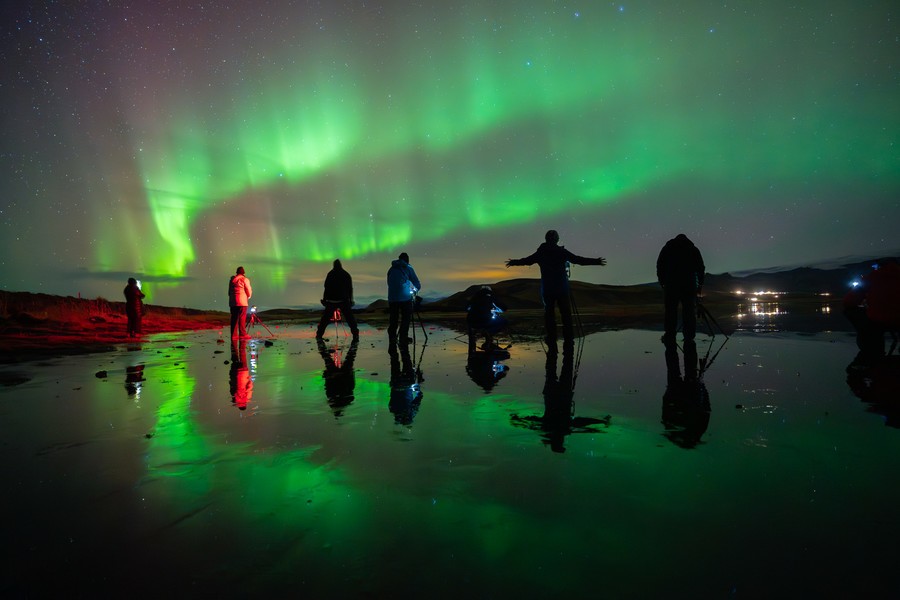
Shooting RAW files in manual mode is crucial in any camera for Northern Lights Photography.
Today, many smartphone cameras can shoot RAW files in manual mode, but that doesn’t mean that they are quality cameras for Northern Lights photography. You can also photograph the Northern Lights with a GoPro camera, but don’t expect the same results as with a standard digital camera.
Some other things to consider when buying a digital camera for the Northern Lights are:
- Low megapixel count in the largest possible sensor to capture light more efficiently.
- The battery life is important, especially during the cold Northern Lights nights.
- A good weather-sealed camera body is the best guarantee to withstand the tough conditions.
- Focus peaking in mirrorless cameras makes focusing much easier.
- Having the opportunity to charge the camera with an external USB is useful for timelapse.
- Having a fully articulated or tilted LCD screen is very convenient to compose.
- Low Dual ISO and ISO invariance are recommended to preserve the highlights when you are shooting strong Northern Lights displays. You can see a full updated list of ISO Invariance cameras in our ISO invariance article.
Since the camera sensor is the most important feature in a camera for the Northern Lights, I strongly recommend reading my guide on the best camera sensor size to see why a big sensor with bigger pixels makes a difference in this type of photography!
Conclusion
As you can see, shooting with a camera for Northern Lights is key for getting the best Northern Light images.
Remember that it’s not a matter of your skills or budget; there is a good camera for anyone to photograph the Aurora. The only thing you need once you have the right camera is to know the best techniques for photographing the Northern Lights.
Also, don’t forget that the lens you use is as important as the camera. You can read my guide to the best lenses for Northern Lights photography here so you can make the most out of your camera.
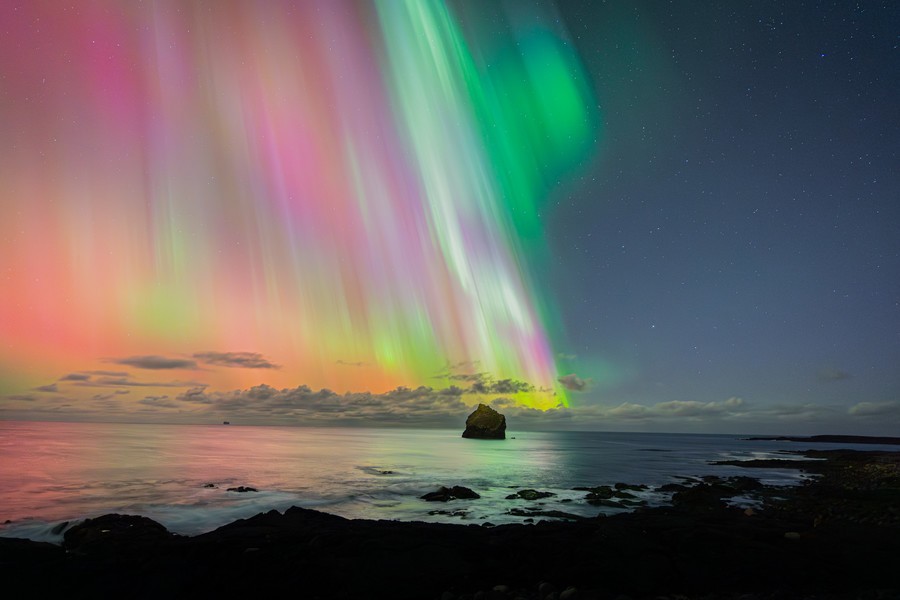
Get a good camera for Northern Lights, a fast lens, and you’ll be all set! Sony A7III
My last tip before purchasing any camera for the Northern Lights is to test it out. These cameras are designed for working in low-light conditions and are usually more expensive, so I always recommend giving them a try first.
In my case, I sometimes rent a second camera for taking Northern Lights time-lapses and video when I’m on one of my Iceland Northern Lights Photo Tours. I always rent with Lensrentals. They operate in the US., and their rentals are affordable and easy to process. Besides, if you rent your equipment through this link and use the Lensrental promo code CTA15, you will get a 15% discount.
For example, the one-week rental of a Full Frame Sony a7RIV + a wide-angle fast lens like the Sony 24 mm f/1.4 costs $248. If you want to buy this equipment, it will cost $4,400.
You can also check for other companies to rent cameras and lenses in your location.
I hope this guide helps you choose the best Northern Lights camera according to your needs. If you aren’t sure if you can shoot the Aurora with your current camera or you have any questions about different models, feel free to leave a comment below and I’ll be happy to help! 😉
Happy Captures and clear skies!
GET YOUR FREE EBOOK!
- PHOTOGRAPHING THE NORTHERN LIGHTS -
BEST SETTINGS, GEAR, PLANNING, TIPS, AND MORE!

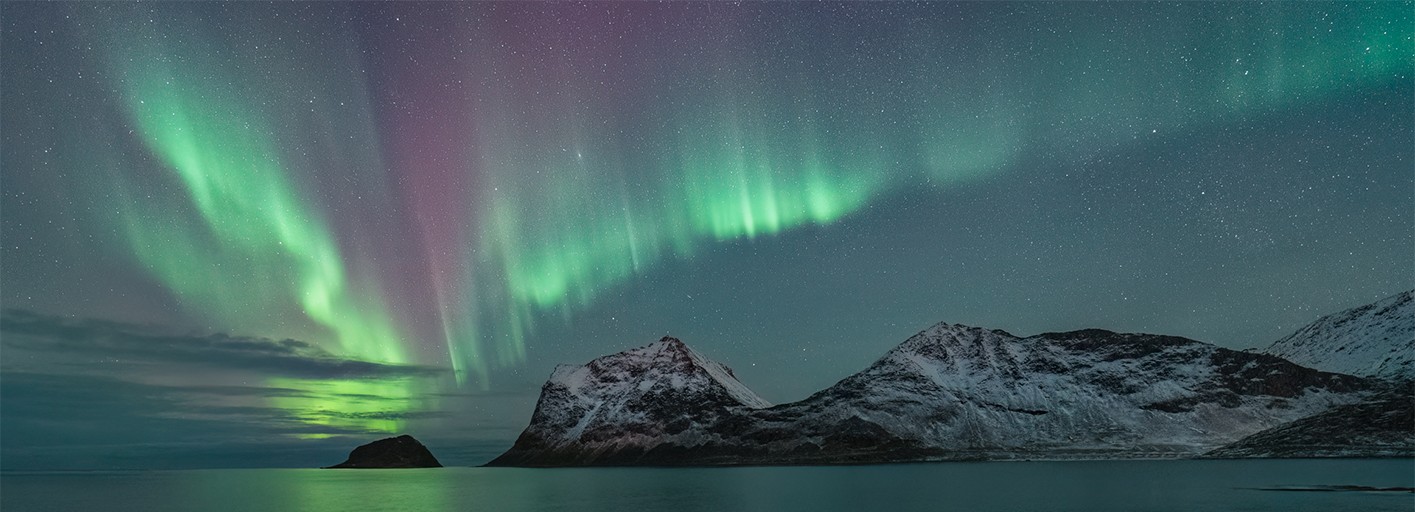
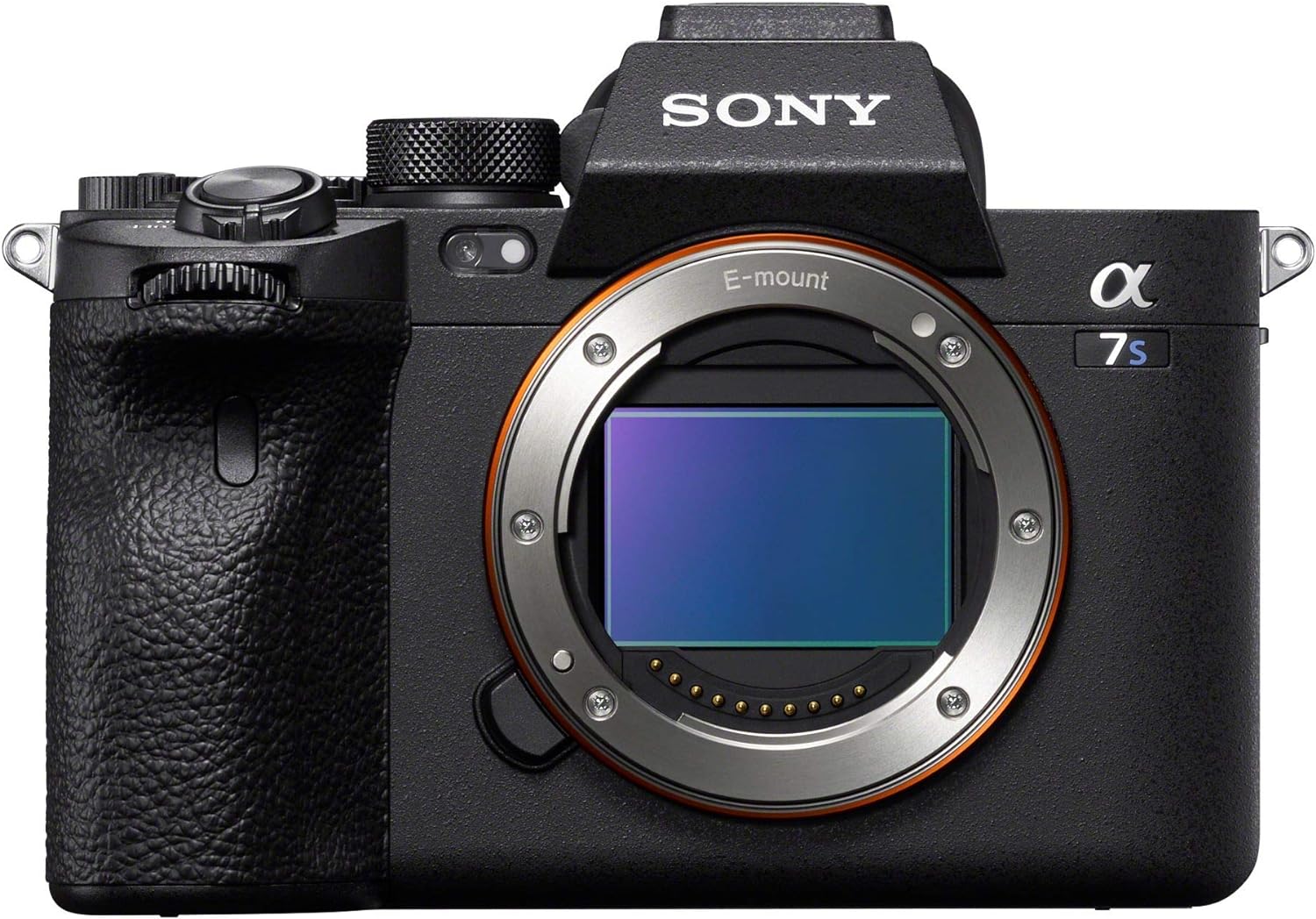






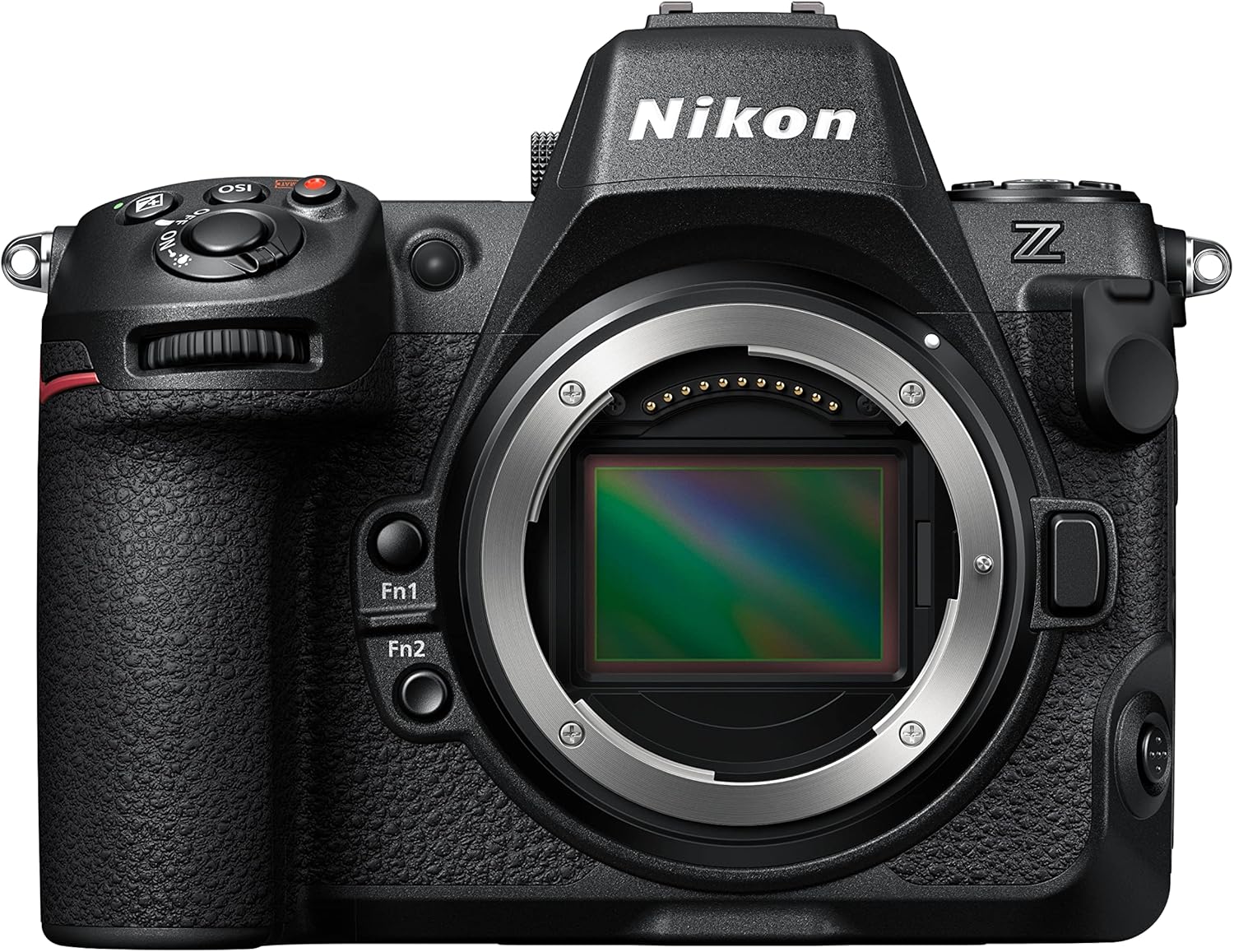




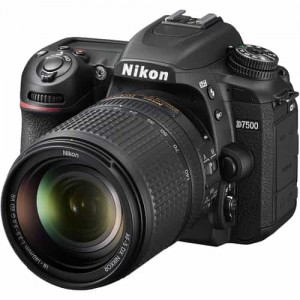


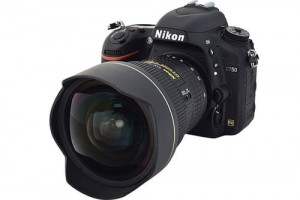

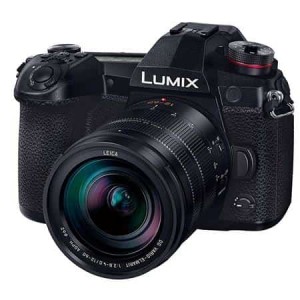
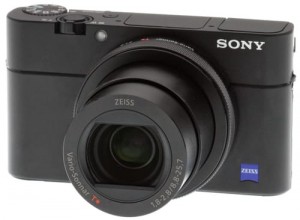



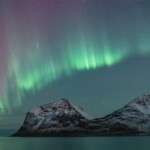
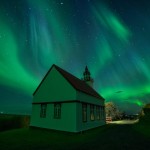
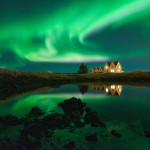
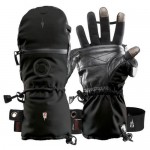
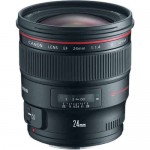
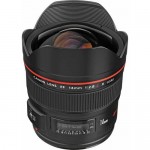
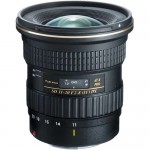
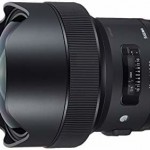
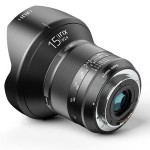
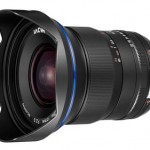
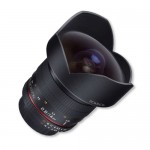
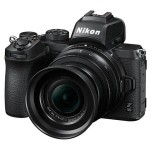
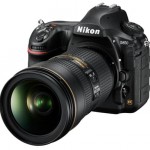
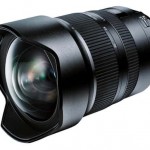
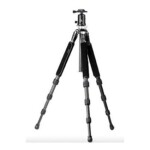
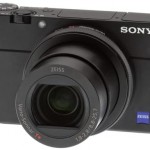
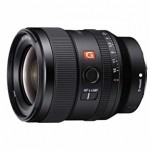
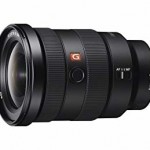
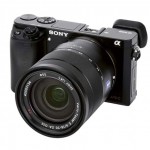
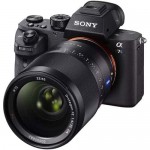
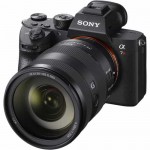
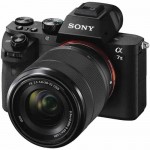
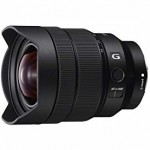
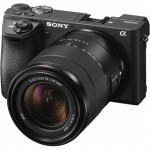
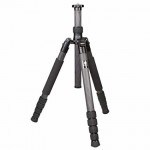
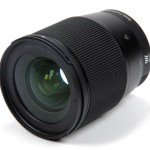
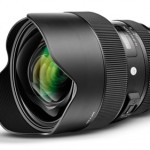
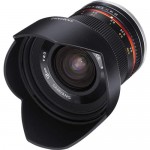
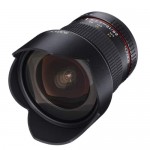
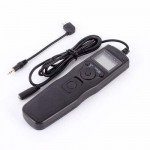
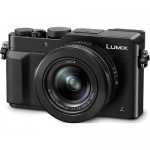
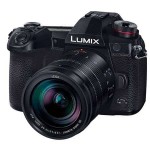
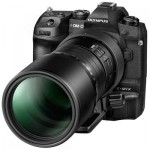
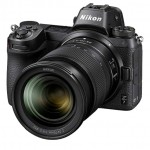
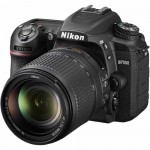
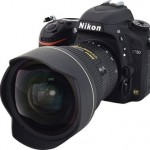
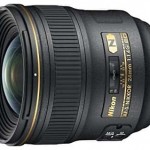
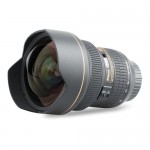
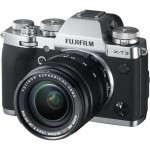
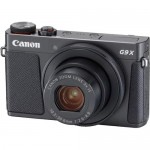
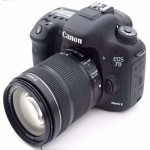
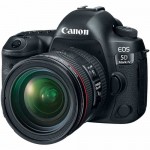
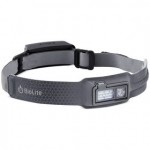
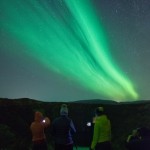
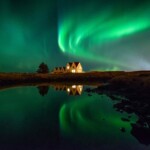
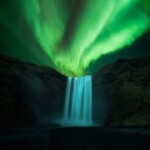
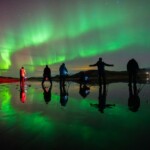
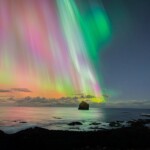
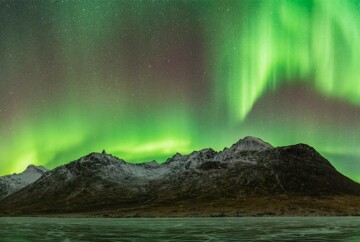
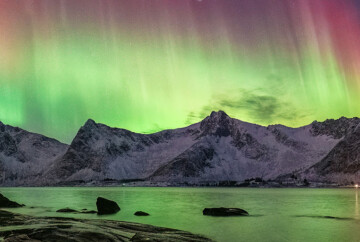
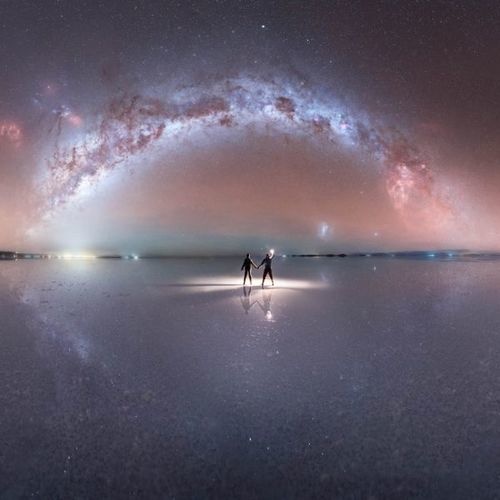
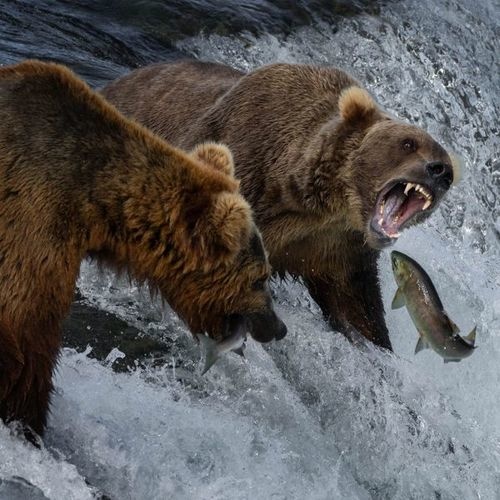
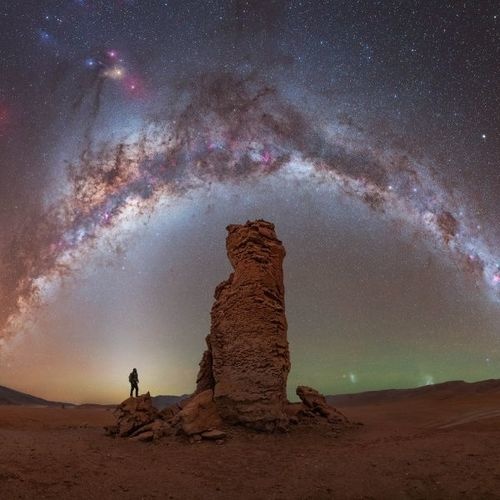
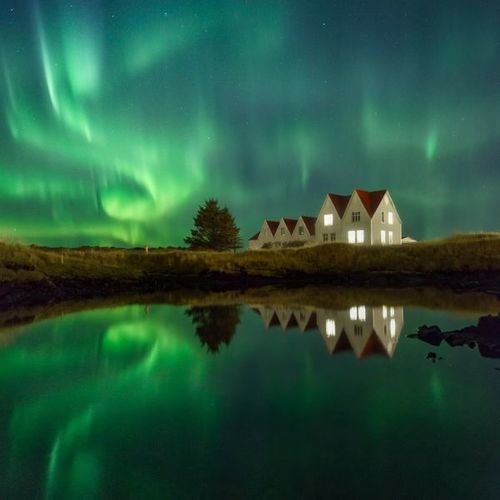
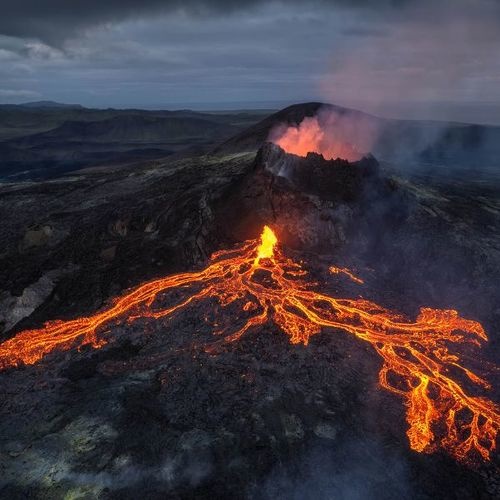
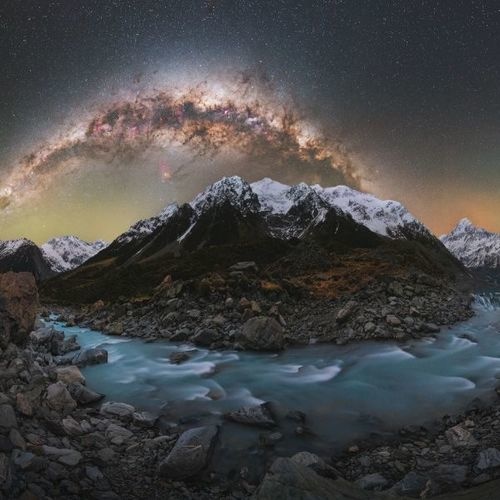
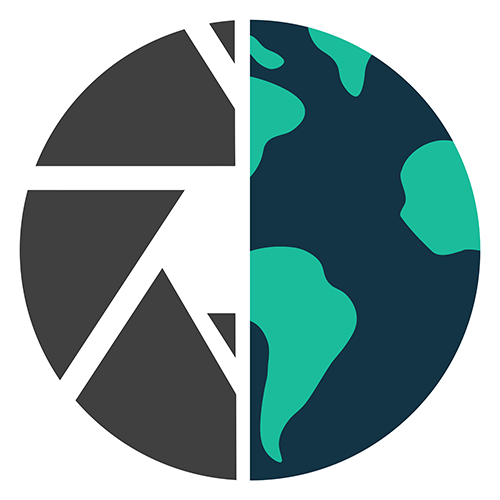
Thank
You for all the tips! I have a three day stopover in Iceland in Mid April this year. I have an EOS Rebel XT- and was hoping it would work? I realize I’ll have to get a faster lens- but I’m hoping the body will stand up to taking pictures in the cold!
Of course it will work, Lauren! The quality will mainly depend on your lens: the faster and wider, the better! 😉
Hope you enjoy that stopover in Iceland and good luck!
Hi
Thanks for a great article. I have trip to Finland in a few weeks in search of the aurora for the first time and am looking at my options for a suitable camera. I seem to have narrowed it down to a choice between the Nikon Z50, Canon EOS R50, Nikon D750 or possibly the D7500. Which would you suggest is the best option out of those 4 (or other in that sort of price range)? Plus obviously I’ll need to choose appropriate lens for it. Thanks for your advice
Hi Jean, you’re welcome 🙂
Between those four cameras, I’d suggest you the Nikon D7500 since it has a better ISO performance at low light, but the D750 is a great option too with its bigger sensor. All of them are a great option!
About the lenses, please check out this article.
Best,
Dan
Hi Dan,
Any comment on the new Sony ZV-e1 for taking photos and videos of Aurora
Confused between A7s2 A7s3 and ZV-e1 as the price gap between all of them is substantial.
ZV-e1 looks tempting but couldn’t find any reviews for it being used to shoot Northern lights or Milkyway
Also which lens would you recommend with them
Thanks
Karan,
I’d say the Sony A7sIII is the winner since it has better video fps, better screen resolution and time-lapse option, which is great for the aurora. Just bear in mind that these cameras are mainly for video.
About the lenses, please check out our article about best lenses for aurora in 2024.
Hope it helps,
Dan
I have a Sony RX 10 IV any tips for northern lights?
Hi Gemma, please check out our guide about the best settings and tips on how to shoot the northern lights. Hope it helps!
Is there any benefit to purchasing the Sony a6000 over the a6100? They’re super similar in price points and I’m just looking for the best I can get for a reasonable price!
Hi Emily, the Sony a6100 is slightly better in terms of battery duration and focal points. But you won’t see much difference on the results. It’s up to you, both are very similar.
Hi,
I’m heading up to Norway in a couple of weeks. I’m taking my Lumix G9 with a 14-140 lens, but think it might be too slow. I just ordered a Panasonic Lumix G 14mm f/2.5 Aspherical AF Lens lens. I have a 7Angles 7.5 f2.8 fish-eye lens. I’m a (somewhat) advanced hobbiest and focus on low light and sunrise/sunset pics. Also, I have a Lumix LX100 11 which (I believe) only does iso to 3200. I’ll also have an iPhone pro max 13 with me. Any thoughts/suggrstions if I can get good pictures? What would be your recommendations?
Maryann,
That camera and lens combo should be good for Northern Lights!
I prefer Full Frame cameras but Lumix are also good cameras. Make sure you check our Northern Lights photography guide to see all the recommended settings 😉
Hi there! I’m thinking of which camera to choose to bring to Finland for the northern lights shooting.
Should I buy the Nikon Z6 II or Canon EOS R7? And which lens would you recommend too? Thank you!
Hi Caius, both options are really good. About the lenses, you can check out this page.
Hello Dan,
I’m so glad to find this site, and help me to canvas for some camera options possible for aurora borealis.
I’m torn somehow to choose between Sony Alpha 6600, and Nikon Z50.
If I choose Nikon Z50, do you have other recommended lens apart from Tokina? (preferably Nikon brand as well, since the lens specified is a bit hard to find).
Also would Nikon Z5 be an option too? If so, what lens would you recommend?
Cheers,
Aaron
Hi Aaron, it’s important to find lenses with wider focal length and wider aperture. The Z DX series from Nikon doesn’t have much options, but I think the Nikkor Z DX 24mm f1.7 could be a great lens for the aurora.
Dear Dan,
Thanks for a great article.
Wanted your advise on shooting Northern Lights in Real Time. Presently I have the following setup:
– Nikon D5600
– Tokina AT-X 11-20mm f/2.8 AF
Is it possible to shoot Real time videos of Northern Light with this setup, if not what part of the setup should I change or its just not possible at all. What setup would you recommend for real time video without breaking the bank.
Thanks.
– Karan
Karan,
Technically you can, but don’t expect the same quality as you’d get with a more advanced camera like a Nikon Z6II with a newer lens like a Nikon Z20 mm f/1.8.
In any case, I recommend giving it a try since it’s your current gear. I’m sure you’ll be able to capture some great memories of the Aurora dancing in the sky 😉
Best,
Dan
I was so happy to find this article! 🙂
My pops has a super old 35mm Canon FT-QL with a 1.4 lens. Any idea if this will take good NL photos? I’m looking at your recommendations for a DSLR or Mirrorless for myself, but he is curious about his “antique” lol. He bought it before he went to Vietnam in ’66 :O
Thanks so much for the great info!
Holly,
It might work, but being honest I have never tried shooting the Northern Lights with analog cameras!
Let me know how it goes if you try it, please 😉
Best,
Dan
Hello,
your website is a great discovery! I’ll be going to Finland in 2 weeks and looking forward to making some Northern Lights picture.
I already own an entry-level DSLR camera: Canon 2000 EOS D with an EFS 18-55mm f/3.5-5.6 III.
Now I have been looking at some lenses and found the following two models:
EF-S 24mm f/2.8 STM
or
EF 50mm f/1.8 STM
Not sure which is better. The first has a smaller focal length, therefore a larger field of view. However I am not sure how much the f/2.8 will really improve my pictures compared to the f/3.5 which I have with my current lens. The second model has a much lower f-number, so this should be good to shoot in the night with reduced shutter speed, but the focal length is pretty large and I am afraid the field of view I will get will be too small (especially with the APS-C sensor in my camera).
Do you think it is worth it to buy either EF-S 24mm f/2.8 STM or EF 50mm f/1.8 STM? Or should I just stick with my current lens?
Also, I don’t want to spend a large amount of money in a new lense (max 300 USD), especially considering that my camera itself is not a top-end product.
Thanks!
Andreas
EF-S 24mm f/2.8 STM
or
EF 50mm f/1.8 STM
Not sure which is better. The first has
Andreas,
-An f/2.8 makes a drastic difference vs. an f/3.2 aperture lens.
-I would definitely go for the EF-S 24mm f/2.8 STM. Even though the aperture is larger on the 50 mm, that lens offers a very narrow field of view to photograph the Northern Lights.
Hope this helps and you can capture beautiful images of the Aurora in Finland!
Dan
Hi! Thank you for these tips!
I will be going to Alaska in March, my current set-up is a Canon T6i paired with a Sigma ART DC 18-35. I am really hoping to get some decent shots and conflicted on whether this set-up would be ok or if it would be worth upgrading to a 6DMk2/90D, or switching to a Sony mirrorless system altogether. Any advice is greatly appreciated!
Jason,
It depends on your goals and budget. You can definitely capture some Aurora images with your current setup, but if you are looking for higher quality, I’d probably recommend switching to a Sony mirrorless system paired with a fast lens 😉
Hi,
Thank you for this really great article. What is your opinion about Canon RP?
Thank you in advance.
Praveen, the Canon RP is also a great option for shooting the Northern Lights. The Canon Ra has more advanced capabilities for shooting at night but the RP is a perfectly capable camera to capture great shots.
Hope it helps!
Dan
Hi, is it possible to capture the Aurora using iPhone X
you can but don’t expect too much quality
Hi Dan,
This is a super helpful article and website. I’m on the fence about purchasing the Nikon Z6II or Z7II. I’m living in Sweden and hope to capture the Northern Lights. Do you advise one over the other – Z6II vs. Z7II for this purpose?
Thanks.
Beth,
If it’s just for Northern Lights photography, you’ll be fine with the Z6II and will save some money that you can invest in a fast lens for Northern Lights like the Nikon 20 mm f/1.8.
Hope it helps and you can capture beautiful Aurora shots in Sweden!
Best,
Dan
Great tips. Thank you for this. Question… I’m not using the best lens (Canon EF 16-35mm f/2.8L ll) or camera (EOS 5DSr) for Aurora pics on an upcoming trip to Alaska.. Do you know any tricks to improve the lowlight aurora taking capability with this model? Perhaps recording at a smaller resolution? Or some fix in post process? Thanks in advance!
Richard, your camera/lens should be good enough to capture Aurora shots! I recommend following our Northern Lights photography guide 😉
I am a beginner photographer and currently have a Nikon D5600. What would be the best lens for capturing Northern Lights in Norway.
Hi Don,
For that camera I’d highly recommend the Tokina 11-16 f/2.8, it’s a great lens and I’m sure it’ll help you take nice pictures of the Aurora.
All the best in your Northern Lights chasing experience!
Dan
Hi, thanks for this amazing post!
would be the Nikon D7200 a good alternative, or would be better to get the D7500 straight away ? If I use the D7200, wich lenses should I get to it?
Thank you so much!!
Hi Paulo,
The D7500 is a newer model with some advantages in comparison with the D7200 but the difference is not that big. I’d pair any of the two models with a fast lens like a Tokina 11-16 f/2.8 or a Rokinon 12 mm f/2
Happy chasing!
Dan
On “Best tripod”…
Ries wooden tripods will vibrate less than those you list. In the cold are easier to work with as well.
Hi Wayne,
Thanks for your comment.
I haven’t tried personally any of the Ries Wooden Tripods, just can offer my opinion from mine and carbon fiber tripods are very good at avoiding the transmission of vibrations.
best,
Dan
Hi there can you suggest between a canon 60d and a 80d and the lens to go with it
Hi Praneeth,
Between those two models I would take an 80D paired with a fast lens like a Tokina 11-16 f/2.8
It’s not the best camera for Northern Lights but you’ll be able to take decent images with that setup.
All the best chasing the Aurora!
Dan
I haven’t purchased a new camera in 14 years. I came upon this article looking for advice on cameras to purchase for an upcoming trip to see the Northern Lights. I saw you recommended the Nikon Z50 with the Tokina 14-20 mm lens. The Tokina requires an F mount, though, so I would need the Z adapter. Would that affect image quality? Also, as far as I can tell, the Tokina lacks image stabilization, which also got left out of the Z50. Would that not make it difficult to get quality shots (particularly with long exposure)?
Hi kate,
You can use the Tokina through the Z adapter. There aren’t many native and fast wide-angle lenses for the Z50 yet, so the Tokina could be a good option. The Image Stabilization is not a problem since you’ll be shooting the Aurora/night shots from the tripod 😉
If you’ve any other questions, please feel free to ask!
Happy shooting,
Dan
I have the EOS Rebel SL3 EF-S is this a good camera?
Hi Ruby,
Your camera is not the best shooting Northern Lights or night photography but you can definitely get some nice pictures of the Aurora. Try to use a fast lens and the best settings as we cover in our guide to photographing Northern Lights 😉
All the best shooting the Aurora!
Dan
Hi Linda,
Thanks for the great review! I have a nikon dslr 3400 and I was wondering what is the best lenses for the northern lights shots?
Hi Kimberly,
The D3400 is not the best camera for Northern Lights Photography (I previously owned the older version D3200) but paired with a fast prime lens like the Rokinon 10 mm f/2 you can take decent pictures and memories of your Aurora nights!
Best,
Dan
Hi, thank you for such a brilliant post. I have been reading some blogs that gives me more knowledge about best camera in northern lights photography; I must say this is one of the best among them. You have done a great research for I feel, thanks for sharing.
Thanks, Sean!
Hi! I purchased a Canon 90D and was wondering what lens you recommend for The Northern Lights. I’ve heard good things about the Rokinon FE14M-C 14mm F2.8 Ultra Wide Lens for Canon, but don’t know if this is a good combination. Would my Canon 90D be enough? If so, what lens do you recommend?
Hi Lauren!
Even though the 90D is an entry-level camera, you can still get nice Aurora images if you use the right lens and settings. The Rokinon 14 mm f/2.8 is a very good lens (I own that myself), but it’s aimed at Full-Frame cameras. That means that will offer a more restricted angle of view in your camera (Around 22-23 mm).
For your camera, I’d recommend the Rokinon 16 mm f/2, which is a better option and will offer a nice field of view for shooting the Aurora.
Happy shooting!
Dan
Hi!
I’m thinking on buying a good camera.
Will the FujiFilm x100v take good pictures of the auroras?
Thanks in advance!
Hi Juan Pablo,
While the Fujifilm X100V is a great camera for travel, vlogging, and for moving light, I always recommend using an interchangeable-lens camera. It also depends on your goals, some people manage to take decent images with compact cameras,
and that Fuji model looks pretty advanced. However, talking about Northern Lights specifically, I would recommend another system unless you’re planning to do just some casual Aurora photography.
Hope this helps!
Dan
Hi I have a Olympus OM-D E-M10 Mark 3 with a Olympus 7-14mm f/2.8 lense will this give me good quality Aurora images?
Hi Colin,
That’s one of the best sets for photographing the Aurora with Olympus. One of my friends has shot the Aurora with that kit and the images looked nice, so I’m sure you’ll take beautiful Northern Lights images with that 😉
Happy shooting!
Dan
I’ve used an Olympus em5ii with the 7-14mm f2.8 lens several times for shooting the Aurora. I’ve taken some amazing sharp noise free shots easily rivalling full frame. Using live composite mode also takes the guess work out. However I’m going out this year armed with a Sony a7sii plus Sony f1.8 20mm to attempt a real time video fingers crossed. The Olympus just can’t do that. I’ll still use the Olympus however for all the still photos as it’s a brilliant Aurora camera with that lens.
Thanks for sharing your experience Steve, I think that it’s gonna be very valuable for everybody reading this article 😉
Hi, we have a Nikon D3300 and are wanting to shoot the lights in Lapland, can this work with a wide angle lens or should we purchase/rent another camera?
Thanks
Liz
Hi Liz,
I used to have a Nikon D3200 (The previous version of your camera) and, even though you can take very nice quality images during the day, it’s certainly not the best camera in low-light situations.
It doesn’t mean that you can’t capture the Northern Lights, you perfectly can, but it depends on your goals; if you just want a picture for the memory of your Aurora experience, it’s fine, but, if you’re aiming at having more quality images, that camera falls short for Northern Lights photography.
If you go ahead, make sure you pair it with a bright wide-angle lens like any of the lenses covered in the article in the APS-C DSLR section. (A good example is the Tokina 11-16 f/2.8).
Wish you a happy shooting and good luck chasing the Northern Lights!
Dan
Hi, I purchased the Sony A7III camera and would like to purchase the Voightlander 21mm 1.4 lens .
Would this combo be OK for northern lights ? Hoping to travel to Churchill , MN or Canadian Rockies .
Hi Diane,
You definitely got a killer combo for shooting Northern Lights 😉
Wish you a happy Northern Lights hunting experience and, please, let me know how it goes after the trip!
Best,
Dan
Hi I have just purchased the sony a7 mirrorless camera, what is a good lense for taking photos of the northern lights
Thanks in advance
Hi Linda,
That’s a good camera, I’m sure you’ll manage to take nice Aurora images with it!
As regards lenses for Northern Lights with your camera I recommend to check the Rokinon 14mm f/2.8 that you can find on the “lens section” of the article.
Happy shooting!
Dan
Thanks for this very nice review. It help to select the best one according to my need.
Thanks Frank! That was exactly the goal of this article.
Hope it helps take nice Northern Lights images 😉
Hi It’s my first time to capture the Northern lights with dslr. Can you please suggest a good lens/lenses for eos 6d mark ii?
Jess,
Check the best lenses for canon DSLR in the article 😉